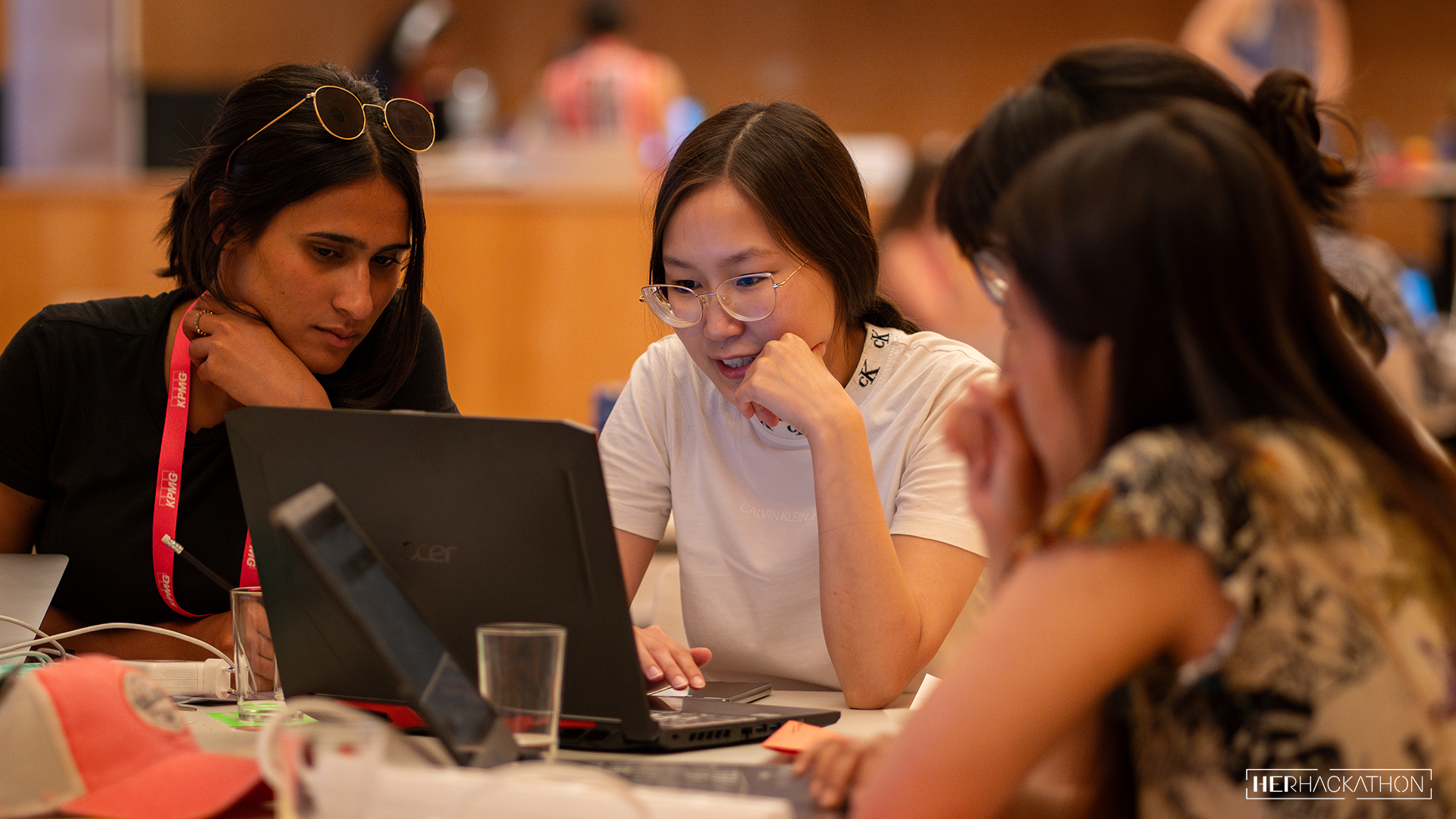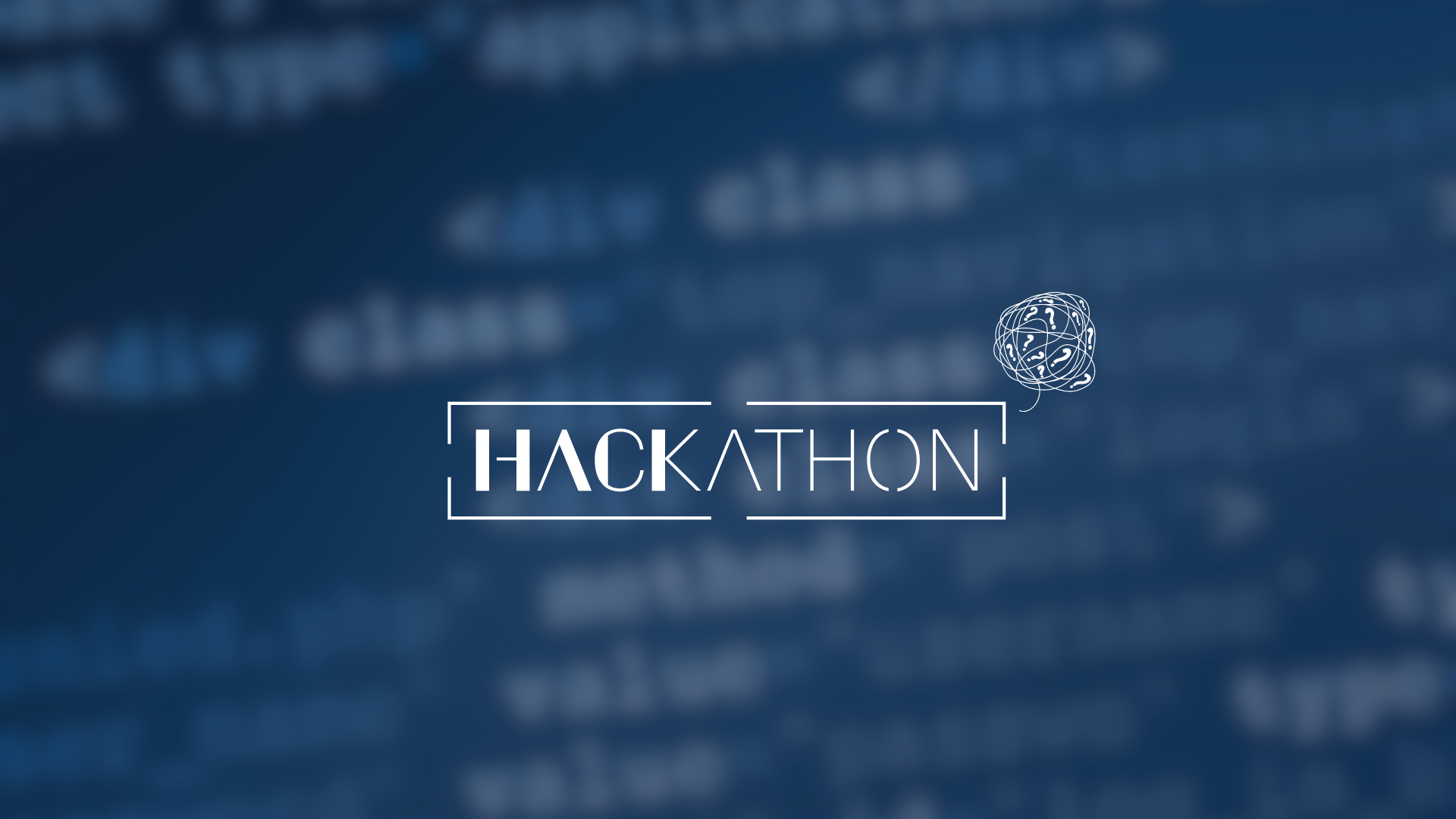What is the best way to get your company or career to the next level? Here are the Benefits of a Hackathon!
Have you ever wondered what a hackathon is? This article will provide you with all the necessary information, including its origins, different types, and most importantly, the benefits of a hackathon for both companies and participants.
The term ‘hackathon’ originated from the words ‘hack’ and ‘marathon’ and has been in use since 1999. Hackers, who are developers and engineers, come up with creative solutions or hacks, resulting in innovative prototypes. The term ‘marathon’ refers to the limited time given to solve a problem. The first hackathon was held in June 1999 when OpenBSD brought together ten software developers to work on cryptographic software. In the same year, a Hackathon dedicated to Palm V at the JavaOne Conference was held by Sun Microsystems. Hackathons were used by technology groups and investors in mid-2000 to develop new ideas in a focused environment and think outside the box. They gained popularity in the US and have also become popular in Germany in recent years.
There are various types of Hackathons like:
Internal and external ones
- Internal: organized by a company for its employees with the goal of team building, brainstorming, and increasing employee engagement. For instance, the creation of the Facebook Like button was the result of an internal hackathon.
- External: involve an organization working with internal and external experts to find new talent, harvest new ideas, and speed up product development.
Online, offline and hybrid options
- Offline: the traditional format where everyone meets in person.
- Online: for working with experts around the globe, and will be hosted through a special platform that uses collaborative and communication tools.
- Hybrid: a mix of online and offline. Participants can choose what is more convenient for them.
Coding and Industry Hackathons
- Coding: competition that usally lasts longer than a regular hackathons and results in finished products.
- Industry-specific: not limited to the tech sector.
Theme-based: focused on particular themes.
Single application: designed to be focused on a single purpose or niche.
Application-specific: focus on one platform, such as mobile.
Technology-specific: use of only one specified programming language or framework, such as JavaScript or HTML5.

Socially oriented
Demographic-specific: tailored to the needs and interests of teenagers, women, and students (e.g., university hackathons)
Level of Expertise: specific levels of the programmers
Hackathons bring together experts to collaborate on solving specific problems. These events involve real-world, competitive challenges and are typically created by participating companies. Although hackathons originated in the tech industry, focusing on computer programming and design, they are now utilized in various other industries, including finance, economics, and healthcare. The primary goal of these events is to have fun, regardless of age or position. In addition to working on solutions, participants can attend workshops, listen to inspiring speakers, visit booths, interact with companies in speed dating sessions and casual conversations, and explore potential job opportunities. This makes it an event based recruiting event. Some attendees even sign contracts after participating. Because who doesn’t know it: long application processes, a lot of work, and waiting time on both sides can result in lost time for months. In times of digitization and employee shortages, it is important to find efficient hiring solutions. Hiring can be expensive, so finding suitable candidates quickly is crucial.

A hackathon is an event hosted by a company or organization. In our case, The Hackathon Company hosts hackathons for other companies and also organizes its own events, such as HerHackathon or Hackfestival. These events bring together hundreds of tech talents from all over Europe to develop innovative solutions, pitch them to a jury, and potentially win prizes.
The event format is successful due to its high productivity, great networking opportunities, and limited time frame of 24 to 72 hours. Participants have the freedom to develop their own ideas in a relaxing, welcoming, and supportive atmosphere.
Hackathons are events that are typically based on a specific theme. Organizers are responsible for establishing judging criteria, selecting a jury, determining prizes, securing a venue, arranging for refreshments and equipment, and recruiting participants. The application process for most hackathons is straightforward. The event is promoted through press releases, newsletters, and social media, providing benefits for both companies and organizers.
Common Structure:
- Introduction
- Overview of the event (Learning about rules and regulations)
- Finding teams
- Developing ideas/Coding
- Making a presentation
- Pitching the Idea and presenting the finished or unfinished product
- Jury decides who wins
- Closing. In between, there is time for Networking, Programs, Food, and Other Highlights.
There are many benefits for both sides that come from hackathons.
Benefits for companies:
- A diverse pool of participants, including those from different cultures, professions, and demographics, is key to fostering innovation and gaining different perspectives.
- Participation in such events can lead to the development of new products, recruitment opportunities, and improved branding.
- Community engagement is also a potential benefit.
- Only invited individuals are able to participate, allowing companies to meet candidates with the desired application profile and quickly select the best fit for their needs. In-person meetings can provide valuable insights into a candidate’s personality that cannot be gained solely from reading a CV.
Benefits for participants:
- Learning and career opportunities.
- Challenging work in a supportive environment.
- Achieving breakthroughs in results and career growth.
- Collaborative teamwork and connecting with like-minded people.
- Reduced stress in getting to know a company, unbiased managers, communication on an equal footing, and a quick response if you are a good fit.
To learn more about our specific hackathons, visit HerHackathon and Hackfestival.


